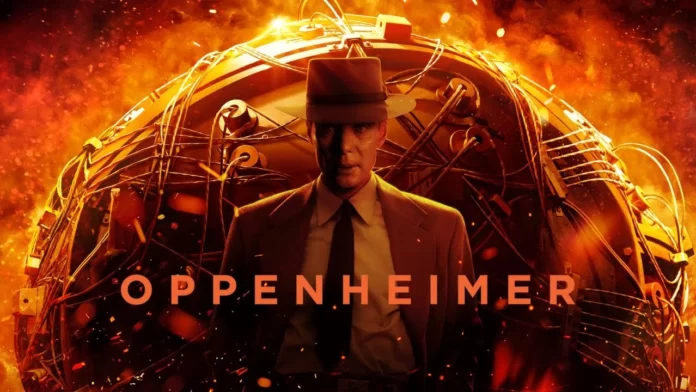In a thought-provoking discussion, renowned scientists Neil deGrasse Tyson and Brian Greene shed light on the potential consequences of the atomic bomb developed by physicist J. Robert Oppenheimer during World War II. The bomb, famously tested as part of the Manhattan Project, raised fears of catastrophic global destruction, prompting questions about its true power and implications.
Tyson and Greene, both respected figures in the scientific community, delved into the theoretical aspects of Oppenheimer’s atomic bomb and its capacity to alter the course of history. While acknowledging the immense destructive force of nuclear weapons, they emphasized the importance of understanding the science behind them and the broader context of geopolitical tensions during the war era.
According to Tyson, the atomic bomb’s destructive potential was undoubtedly significant, capable of causing widespread devastation and loss of life on a scale never seen before. However, he noted that the idea of the bomb single-handedly ending the world is an exaggeration, highlighting the resilience of human civilization and the presence of checks and balances in global affairs.
Greene echoed Tyson’s sentiments, emphasizing the complex interplay of factors that shape world events and prevent catastrophic outcomes. While acknowledging the grave risks posed by nuclear weapons, he stressed the need for responsible stewardship of technology and diplomacy to mitigate the threat of nuclear war and ensure global security.
The discussion also touched upon the ethical considerations surrounding the development and use of nuclear weapons, with both scientists emphasizing the importance of ethical leadership and moral responsibility in dealing with such powerful technologies. They urged policymakers and leaders to prioritize diplomacy, arms control, and non-proliferation efforts to prevent the misuse of nuclear weapons and promote peace.
Impact Of Atomic Bomb
Despite the sobering realities of nuclear proliferation, Tyson and Greene expressed optimism about humanity’s ability to navigate the challenges posed by nuclear weapons. And advance towards a safer and more secure future. They emphasized the role of science, education, and public engagement in fostering greater awareness and understanding of the risks associated with nuclear weapons, empowering individuals and communities to advocate for peace and disarmament.
In their discussion, Tyson and Greene also explored the scientific principles behind nuclear reactions and the release of energy in atomic bombs. They highlighted the groundbreaking discoveries in physics that paved the way for the development of nuclear weapons, including Einstein’s famous equation E=mc^2, which describes the equivalence of mass and energy.
Furthermore, the conversation delved into the psychological and cultural impact of living in the shadow of nuclear weapons. Tyson and Greene discussed how the threat of nuclear annihilation has influenced art, literature, and popular culture, shaping public perceptions and fueling debates about the ethics of warfare and the use of technology for destructive purposes.
Moreover, the scientists addressed the ongoing efforts to prevent nuclear proliferation and promote disarmament on the global stage. They underscored the importance of international treaties such as the Treaty on the Non-Proliferation of Nuclear Weapons (NPT) and the Comprehensive Nuclear-Test-Ban Treaty (CTBT) in curbing the spread of nuclear weapons and fostering trust and cooperation among nations.
Tyson and Greene emphasized the need for continued vigilance and engagement on the issue of nuclear weapons to ensure the safety and security of future generations. By promoting scientific literacy, fostering dialogue, and advocating for peaceful resolutions to conflicts, we can work towards a world free from the threat of nuclear war and build a more sustainable and peaceful future for all.
As the world grapples with ongoing geopolitical tensions and nuclear threats, the insights shared by Tyson and Greene serve as a timely reminder of the importance of vigilance, diplomacy, and cooperation in safeguarding the future of humanity. By learning from the past and working towards a more peaceful and secure world, we can strive to prevent the catastrophic consequences of nuclear conflict and build a brighter tomorrow for generations to come.

